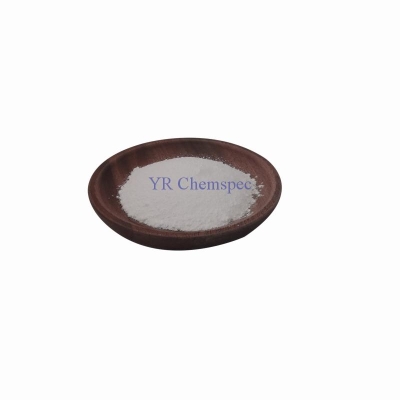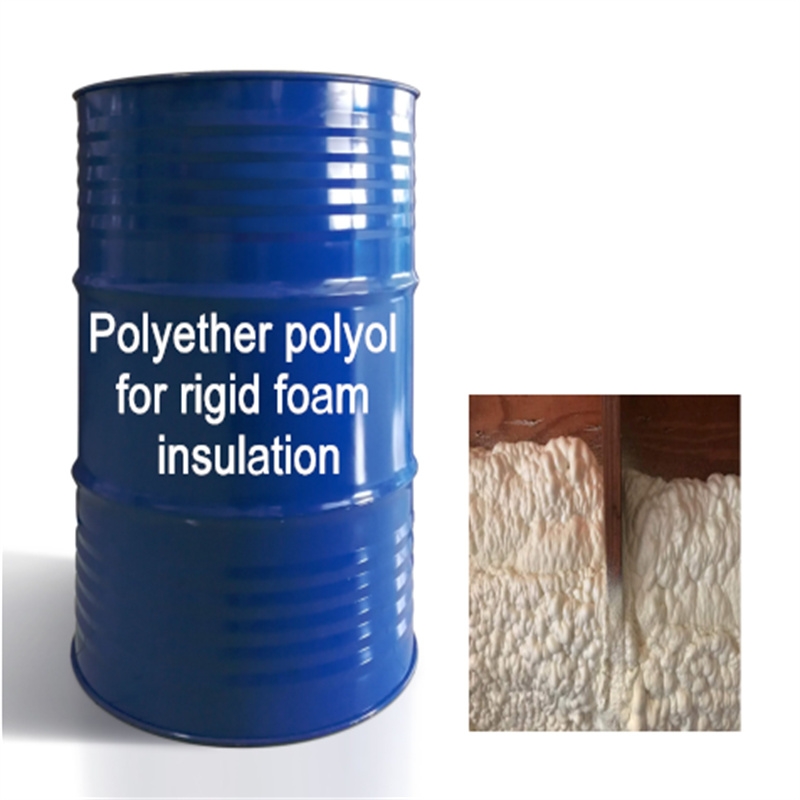-
Categories
-
Pharmaceutical Intermediates
-
Active Pharmaceutical Ingredients
-
Food Additives
- Industrial Coatings
- Agrochemicals
- Dyes and Pigments
- Surfactant
- Flavors and Fragrances
- Chemical Reagents
- Catalyst and Auxiliary
- Natural Products
- Inorganic Chemistry
-
Organic Chemistry
-
Biochemical Engineering
- Analytical Chemistry
- Cosmetic Ingredient
-
Pharmaceutical Intermediates
Promotion
ECHEMI Mall
Wholesale
Weekly Price
Exhibition
News
-
Trade Service
Sodium silicate
[Physical and chemical properties] Also known as water glass, sorophylline, is a colorless, light yellow or bluish gray transparent viscous liquid
[Preparation method] (1) Traditional production method
The traditional production methods of sodium silicate are divided into dry method, wet method and Glauber's salt method
① Dry preparation method
a.
Na 2 CO 4 +SiO 2 →Na 2 SiO 4 +CO 2 ↑
b.
② Wet preparation method (liquid phase method) This method uses liquid caustic soda instead of soda ash, and has low requirements on coal quality, so the production cost is lower than that of the solid phase method
2NaOH+SiO 2 →Na 2 SiO 4 +H 2 O
③ Glauber's salt method This method replaces soda ash with pulverized coal and Glauber's salt
(2) Preparation example
① Preparation of sodium silicate by reaction of rice husk ash with lye
The process flow of the reaction of rice husk ash with lye to prepare sodium silicate is shown in Figure 6-8
Figure 6-8 Process flow of preparing sodium silicate by reaction of rice husk ash with lye
The reaction equation is:
nSO 2 (s)+2NaOH(l)→Na 2 O·nSiO 2 +H 2 O
The experimental study on various factors affecting the preparation of silicate from rice husk ash showed that the optimum process conditions for preparing silicate from rice husk ash under normal pressure are: material ratio 10:2, reaction temperature 140°C, reaction time 6h
The sodium silicate product obtained under the optimal conditions of normal pressure has a higher modulus than the product obtained under the optimal conditions of pressure, but it takes a long time
②Preparation of sodium silicate with protein soil as raw material
Opal is an amorphous siliceous minerals, its main chemical composition of SiO 2 · H 2 O
SiO 2 ·nH 2 O+2NaOH→Na 2 O·mSiO 2 +(n+1)H 2 O
In the formula, m is the ratio of silicon to sodium, that is, the modulus of sodium silicate
The specific test process is: crush the protein soil (200 mesh), calcinate it in a muffle furnace at 650°C for 30 minutes, heat the calcined protein soil and sodium hydroxide solution in a constant temperature water bath, and stir continuously during the heating process.
The experiment using protein soil to prepare sodium silicate has the characteristics of simple process, low energy consumption and low production cost
③Diatomite is used as raw material to prepare sodium silicate
Before preparing sodium silicate, pass the diatomaceous earth through a 40-mesh sieve and calcinate it in a muffle furnace at 700°C for 30 minutes
④ Preparation of sodium silicate from coal gangue
The main components of coal gangue are silicon, aluminum, iron and other elements.







